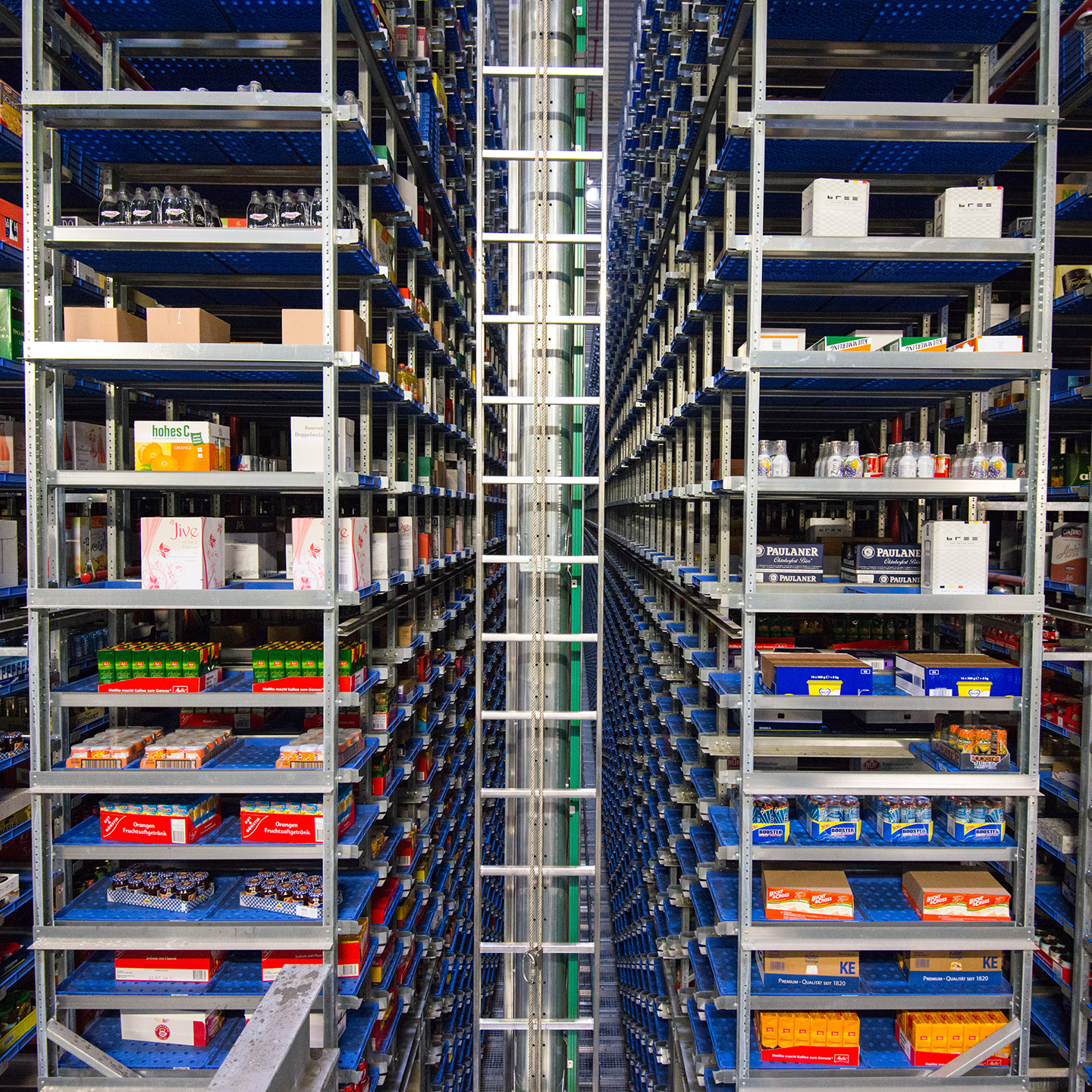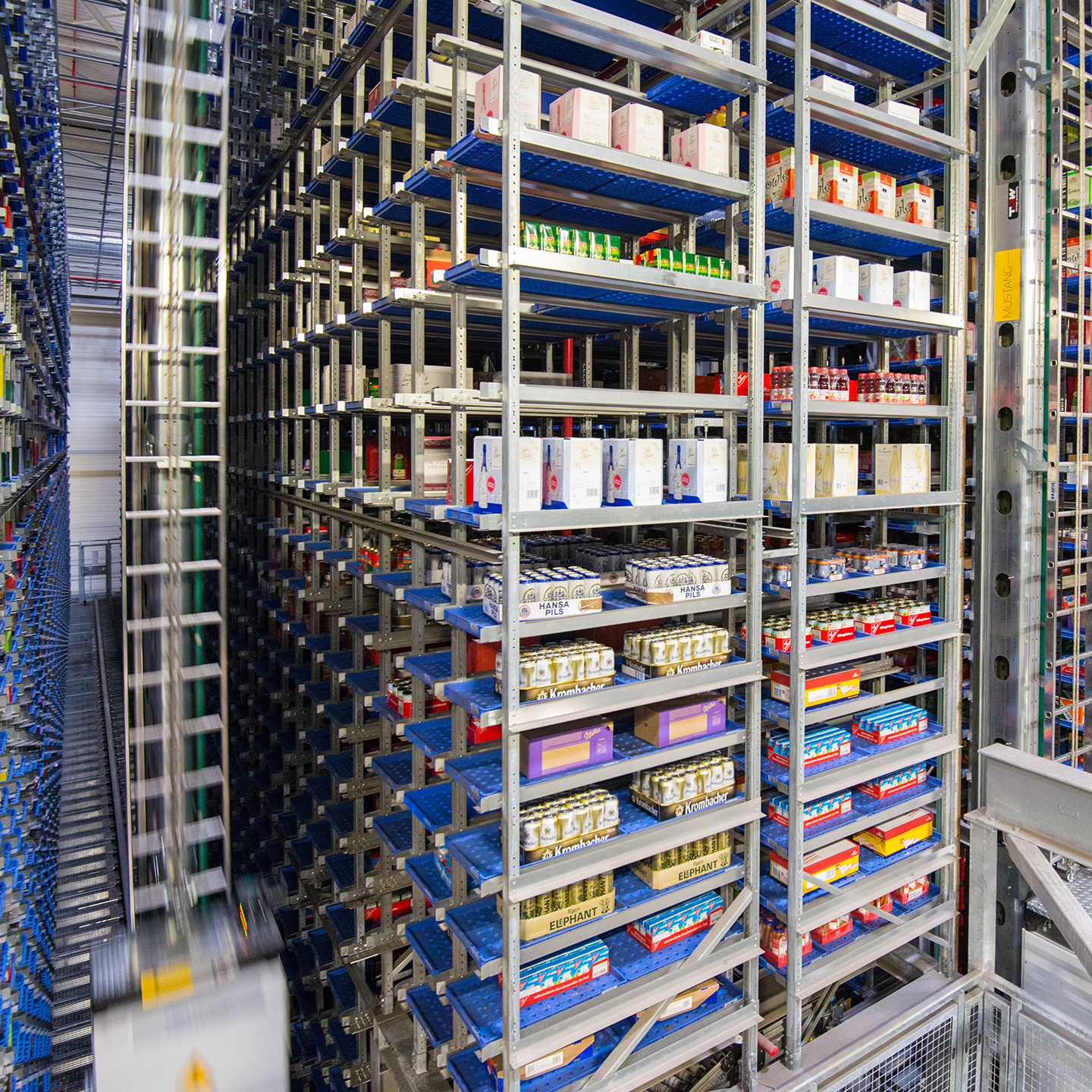The technical limits were quickly reached when deep-freeze warehouses were first to be equipped with drive and automation technology. During the first projects, the manufacturers had to pay dearly because the hardware, which had been tried and tested in normal warehouse logistics, did not cope with frosty temperatures as expected. An entire industry had to rethink. For Joachim Mehl, this is an apt example of why try & error is not crowned with success when concrete application data and empirical values are lacking. This is why Witron's maintenance manager at Edeka's central warehouse in Hamm considers the field observation initiated by Lenze at the site to be so positive and trend-setting for logistics and material flow technology. Over a period of around ten years, the process reliability of more than 5,000 electromechanical drives and 2,200 frequency and servo drives in Edeka Rhein-Ruhr's central warehouse was monitored and meticulously analyzed.
Field observation in the EDEKA logistics center
The goal of Lenze's long-term study was to gather knowledge regarding process reliability, service life, and the causes of defects and damage. Witron puts the number of functional units in Hamm at no less than 7500 assets. "We are truly not dealing with a doll's house here. The facility is huge, " says Mehl. Edeka handles around 400,000 retail units at the Hamm-Rhynern site every day. With 20,000 different products on an area of 90,000 square meters, the central warehouse is one of the most modern in Europe.
Does the design prove itself in practice?
Availability counts - especially in areas that form a bottleneck in the material flow and cannot simply be bypassed. With this in mind, the field observation provided crucial information on when to perform preventive maintenance or replace the technical equipment. "This was a very intensive project together with Lenze," Joachim Mehl sums up. "We learned a lot from it and gained insights into where we had to change gear motors in certain areas, for example, because the design did not match the actual prevailing conditions on site." For example, field observation showed that geared motors hard-switched to the mains, which limit the speed with a heavy cast-iron fan when starting up, are not an efficient solution in the long run. With the new Lenze Motor, these applications now run much more intelligently. The first 100 units are in use, and the next 100 are about to be installed.
Economical and reliable planning
Examples like this demonstrate the great benefits of field monitoring - for Witron and Lenze alike. Long-term observation and analysis reveal effects that would otherwise be impossible to specify. These results can subsequently be used to invest in new technology in a targeted manner in the course of plant refurbishments, instead of merely achieving an extension of service life through 1:1 replacement. "We are planning for the long term and need to know how much money Edeka will have to spend in order to be able to operate the plant as productively in the next ten years as it does today," explains Joachim Mehl.


